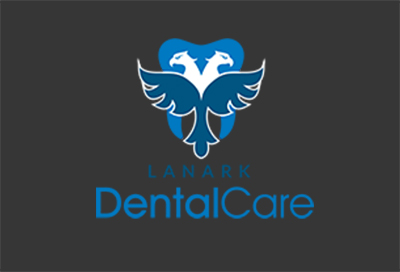How to Overcome Dental Anxiety

December 21, 2015
Dental anxiety is an incredibly common reason why we avoid visiting the dentist. In fact 35% of adults avoid visiting the dentist for this reason alone. Few of us enjoy having our mouth open whilst someone pokes at our teeth. However, visiting the dentist really is essential if we are to make sure our teeth remain in great shape and we don’t leave ourselves more open to serious oral health problems. With that in mind we thought we would offer some advice on tackling dental anxiety head on.
Talking To Your Dentist
Firstly, it is very important that you talk to your dentist about your anxiety. Dentists are normal people who have experience with helping their patients through anxiety issues. Before any treatment make sure you discuss with your dentist your concerns and what specifically makes you uncomfortable.
Some of the most common causes of discomfort are not feeling like you can swallow, fear that the dentist will cause you pain or that you will not be able to breathe. These can often be easily overcome with regular breaks in your treatments to let you recover. Talking to your dentist means they will be able to make allowances for these types of respite. Ideally talk to your dentist before your visit so that they can make sure extra time is allotted for your check up or treatment.
Distraction and Relaxation Techniques
Secondly, it is worth using tactics that can help you feel more relaxed during your visit to the dentist. These fall into two categories distraction and relaxation.
Distraction techniques help your mind to focus on other things during the course of your treatments. The most popular distraction methods are listening to music or having someone talk to you. Most dentists will be happy to talk to you throughout the procedure about non-dental topics and this can be a good way to keep your mind focused elsewhere. If this isn’t for you take an mp3 player with you and ask the dentist if they mind you listening to it – the most relaxing music is jazz or classical but anything ambient and calm will help.
Relaxation techniques help you keep your mind calm during treatments. The most common relaxation techniques involve controlling your breathing. If you inhale slowly for a count of three and then exhale slowly for a count of three your entire body relaxes. By focusing on your breathing you can “forget” what is happening in your mouth – this technique may take some practice but it is very effective. Alternatively you can try counting in your head or simply focus your mind on something else throughout the treatment.
Therapy and Treatment
In a small percentage of cases these forms of anxiety relief may not work. In these cases it may be that you are suffering from dental phobia rather than dental anxiety. Anxiety is caused by the stress of visiting the dentist and mild fears of pain etc. Phobia is more serious and less rationally grounded – it may be the result of trauma or deep rooted psychological fears. Dental phobia is surprisingly common and there are a number of specialist therapists who treat people with dental phobia. If you think you have genuine dental phobias then you can consult a doctor to see a specialist therapist. Alternatively there are a wide range of dental fear support groups online who recommend dental practices (such as this one), offer online support in a non-official capacity and will happily lend a sympathetic ear to you.
Using all these techniques should help alleviate your fears and mean that you can maintain your health much more easily. Good luck overcoming your anxieties!
This article was written by Alex Mungo and used with permission.
« Return to blog page








